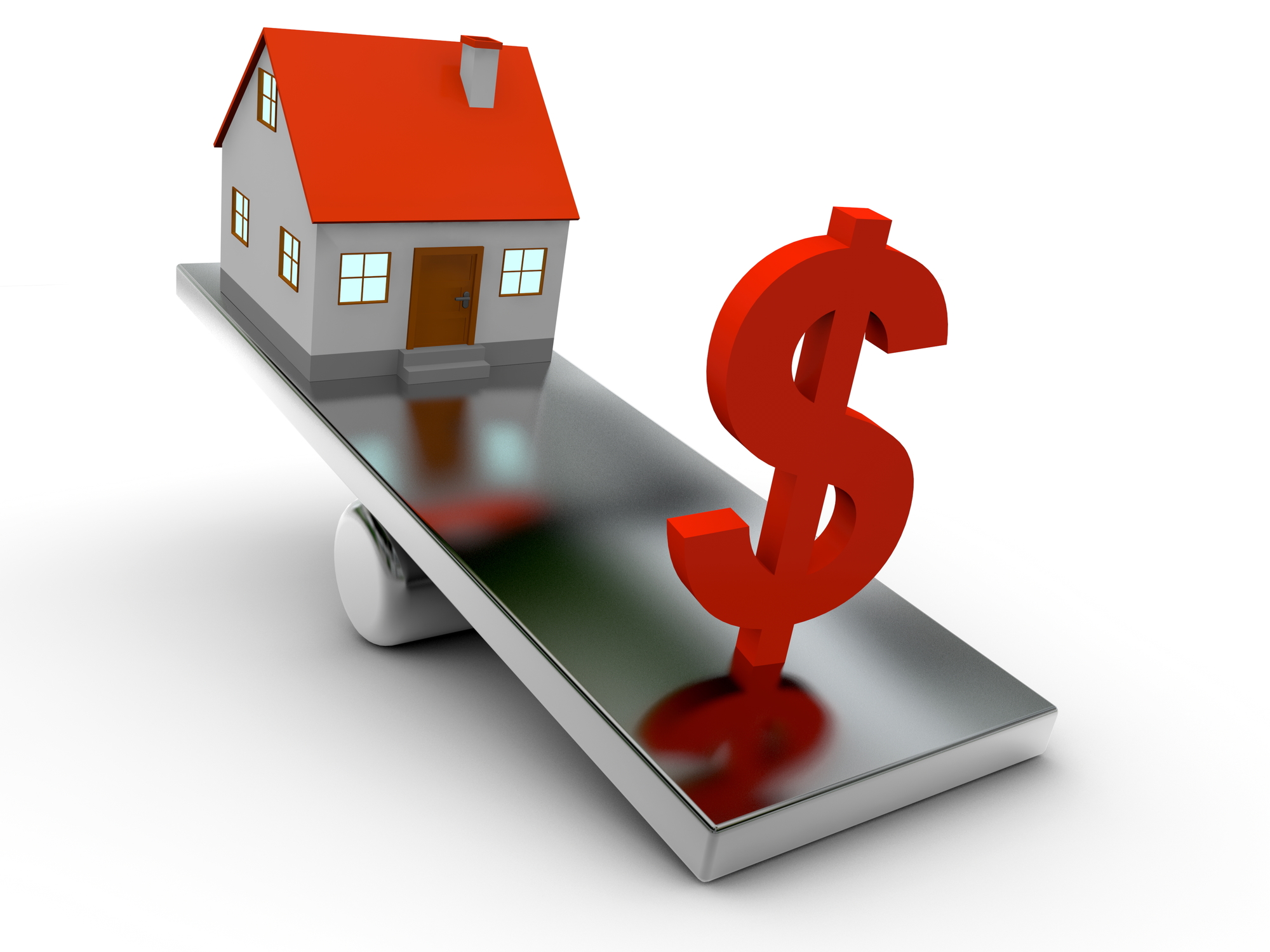Nearly one third of America’s 75 million Baby Boomer generation say they are worried about being able to afford their home, and even more retirees worry about it, according to a new survey of 1000 Americans aged 55+ from The NHP Foundation, a not-for-profit provider of affordable housing.
According to the survey, 30 percent experience anxiety about being able to afford where they live at least once a month, with 42 percent of retirees reporting such anxiety at least once daily. When asked what causes the greatest anxiety, 46 percent of respondents said they worry about “the ability to afford desirable retirement living.”
Nearly 65 percent of Boomers worry at least once a month about their adult children’s ability to afford desirable housing
Over 10 percent of Boomer parents worry about this at least once a day, with most (64%) concerned about their adult children’s ability to afford rent or mortgage, and 43 percent most concerned about the next generation’s retirement savings.
“The anxiety is now multi-generational,” according to NHPF CEO Richard Burns, “So we are working today to increase our stock of affordable housing to ensure that this and future generations are able to afford desirable places to live.”
The NHP Foundation Baby Boomer survey is the third in a series. The first queried the general population about housing affordability, determining that 75 percent of the population worried at any given time about losing their housing. The second zeroed in on Millennials, finding that 76 percent of that group have made compromises in order to find affordable housing.
“These findings underscore the urgency to make housing affordability solutions a priority in America especially for those most vulnerable,” added Ali Solis, President and CEO of MakeRoom, a national renter’s advocacy group.
Although 24 percent of those queried say they’re most anxious about being able to afford their rent or mortgage, there are geographical differences. Just under 20 percent of those in the midwest worry about affording rent or mortgage payments while 38 percent of those in the south rank this their biggest worry.
According to the survey, housing-related anxiety is most acutely felt in the south, followed by the northeast and midwest. Boomers in the west experience housing-related anxiety least often.
“Though housing insecurity is a national problem, these geographic differences demonstrate the need to tailor housing options to the unique needs of each region,” said Stefano Rumi, an advisor to NHPF and a senior fellow at the Batten Center for Social Policy of the University of Virginia specializing in the housing needs of America, “The winning solutions will incorporate private and public partnerships to finance affordable housing. This means a ‘YIMBY’ (yes in my backyard) attitude on the part of local communities and elected officials.”
Election impact on housing reflects national mood
Housing concerns brought on by the new administration mirror America’s divided population. Nearly half (49.96%) report little or no anxiety, yet the other half (50.04%) have substantial or great anxiety. Of those who experience greater anxiety about housing due to the new administration, the highest percentage, (30%) worry about a lack of sufficient retirement funds, followed closely (27%) by those who fret about tax increases.
Nearly 50% of those queried believe their housing related anxiety could be alleviated if the new administration assured stable property and other taxes, meaning a guarantee of no substantial tax increases. Those seeking assurances about job security and legislation to protect from rent/mortgage increases followed at 24% and 23% respectively.
Interestingly, nearly 14% of respondents indicate that construction of more affordable housing would help alleviate their housing-related anxiety.
To this, NHPF’s Burns adds, “Government measures, particularly the LIHTC (Low Income Housing Tax Credit) which gives incentives to private equity for the development of affordable housing, will continue to be vital to organizations such as ours to provide the country with stable, long-term affordable housing options.”
Thanks for reading CPA Practice Advisor!
Subscribe Already registered? Log In
Need more information? Read the FAQs




